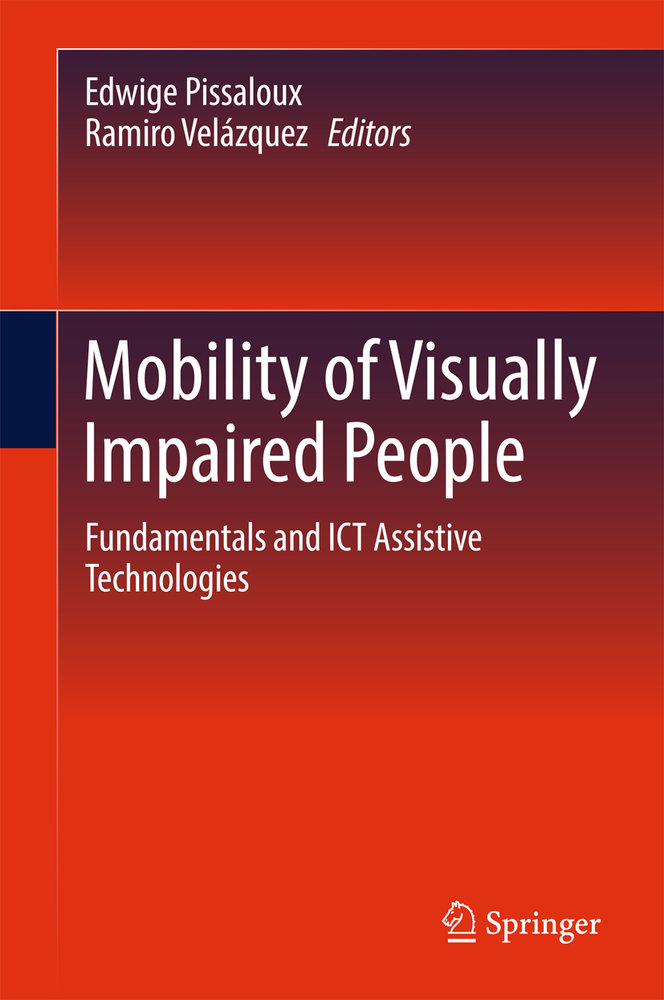This book discusses the design of the new mobility assistive information and communication technologies (ICT) devices for the visually impaired. The book begins with a definition of the space concept, followed by the concept of interaction with a space during mobility and this interaction characteristics. The contributors will then examine the neuro-cognitive basis of space perception for mobility and different theories of space perception. The text presents the existing technologies for space perception (sense recovery with stem and iPS cells, implants, brain plasticity, sensory substitution devices, multi modal technologies, etc.), the newest technologies for mobility assistance design, the way the feedback on environment is conveyed to the end-user. Methods for formative and summative evaluations of the mobility devices will also be discussed. The book concludes with a look to the future trends in research and technology development for mobility assistive information and communication technologies.
Provides the basis for humanoid robot mobility and the framework for approaching of other types of - non-verbal- interactions with space
Proposes a global approach to the complex question of the mobility of healthy and visually impaired people
Describes current understanding how the interaction with the space via mobility impacts brain development and processing- non-verbal- interactions with space
Proposes a global approach to the complex question of the mobility of healthy and visually impaired people
Describes current understanding how the interaction with the space via mobility impacts brain development and processing



